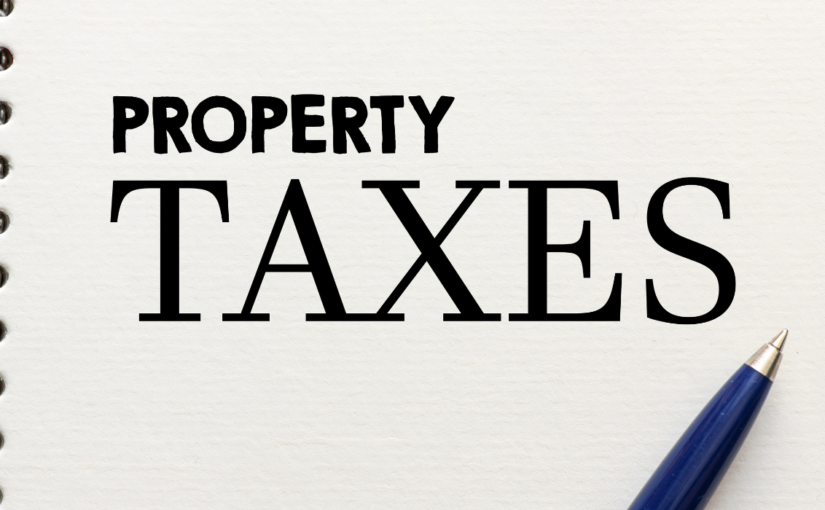back
Understanding the Impact of Property Taxes on Self-Storage Property Financing
05-2023

Due to the rising need for extra storage space, self-storage properties have grown in popularity recently. Self-storage operators must, however, pay local taxes as with any owner of an investment property. Self-storage facility owners incur substantial property tax costs, which can significantly affect their ability to obtain financing. This blog will examine the effect of property taxes on the financing of self-storage properties and provide some advice on how to control this expense.
What are Property Taxes?
Property owners must pay ad valorem taxes to the local authority where their property is situated. The valuation of the property and the local government’s determined tax rate are used to determine the amount of property taxes to be paid. Local government expenses, including taxes, go toward maintaining parks, libraries, schools, and fire and police forces.
How Property Taxes Impact Self-Storage Property Financing
Like all other property owners, self-storage facility owners are obligated to pay property taxes. However, the financing of the self-storage property may be significantly impacted by the amount of property taxes paid.
First and foremost, paying property taxes is a yearly obligation. This cost is a part of the property’s operational costs and has the potential to lower net operating income (NOI). The property’s cash flow and, ultimately, profitability, may be impacted by this decline in NOI.
Second, property taxes are used to determine the value of the property, which is a crucial component in calculating the financing for the property. The self-storage owner may have more financing alternatives if the property’s value rises. On the other hand, if the property’s value drops, the available financing choices might too.
The cash flow of the property, which is a crucial component in deciding the financing of the property, can also be impacted by property taxes. The cash flow available for debt service may decrease as property taxes rise, making it more challenging for the owner of the self-storage facility to secure financing.
Managing Property Taxes
An integral component of maintaining a self-storage facility is controlling property taxes. Here are some suggestions to assist self-storage owners in managing real estate taxes and how they affect financing:
Understand the local property tax laws: Understanding the local property tax regulations in your state is crucial because they differ from state to state. Self-storage business owners can benefit from any tax benefits or deductions by being aware of the laws and using them to their advantage.
- Hire a Tax Professional: A tax expert can guide self-storage business owners through the complicated world of property taxes. They can aid business owners in comprehending their state’s tax regulations and locating any potential tax reductions or deductions.
- Appeal Property Tax Assessments: Self-storage facility owners have the right to contest their property tax assessment if they think it is excessive. If the assessment is overturned, the property’s profitability and cash flow may improve because the tax bill will be lower.
- Budget for Property Taxes: Taxes on real estate should be included in the operating budget of self-storage facility operators. Budgeting for property taxes can assist owners control the impact of those taxes on their cash flow and make sure they can pay those taxes on time.
- Consider Property Tax Implications when Financing the Property: When financing the property, self-storage owners should take property tax implications into account. When calculating the NOI, they should take property taxes into account and make sure that the cash flow is enough to cover this expense.
Self-storage facility owners incur substantial property tax costs, which can significantly affect their ability to obtain financing. Managing property taxes and their effect on financing requires understanding local property tax regulations, working with a tax specialist, contesting tax assessments, setting aside money for property taxes, and taking property tax implications into account when financing the property. Self-storage business owners can boost their facilities’ profitability and cash flow and guarantee their long-term success by correctly managing their property taxes.
F2H Capital Group is a debt advisory firm specializing in negotiating the best terms for your commercial real estate projects. The company offers a range of financial products and services, including fixed loans, bridge loans, and construction loans across all asset types. Please contact us for any of your financing needs.

